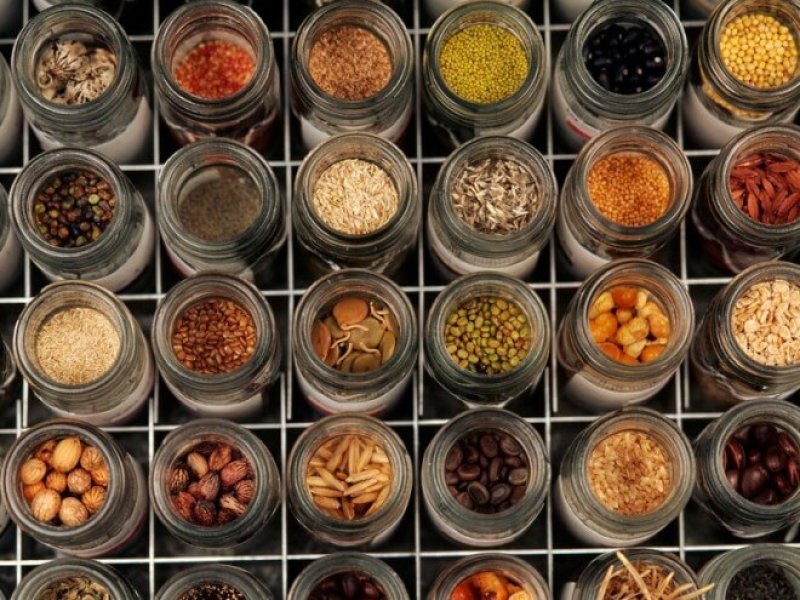The Food and Agriculture Organization of the United Nations has just published a voluminous report, The State of the World ‘s Biodiversity for Food and Agriculture….
For communication, alarmism is usually in order, our modern world being fond of bad news. This report has not escaped this principle, both on the side of FAO – “Biodiversity, so crucial for our food and agriculture, is disappearing day by day ” – and [international] media as well…. “FAO warns of the risk of food shortages due to lack of biodiversity,” Le Monde reported.
…
According to the AFP, “….75% of the world’s crops depend on pollination, as bee colonies, for example, are becoming increasingly rare. Wrong! The first number refers to the number of species and not the volume of production….As for the bee colonies, FAO could not avoid its own statistics: the number of colonies in the world increased from 50 million in 1961 to 90.5 million in 2016. Of course, it found other sources to activate the alarm.
…
The FAO report….is a reflection of a sclerotic organization, the contributions of the Member States and the approach taken to the drafting of the report. Thus, the expression “plant breeding” appears three times, “intensive agriculture,” nine times in negative contexts and “organic agriculture,” 48 times.
[Editor’s note: This article was published in French. This summary was prepared with Google Translate and edited for clarity.]
Read full, original article: Biodiversity: the united nations remain locked in their silo































